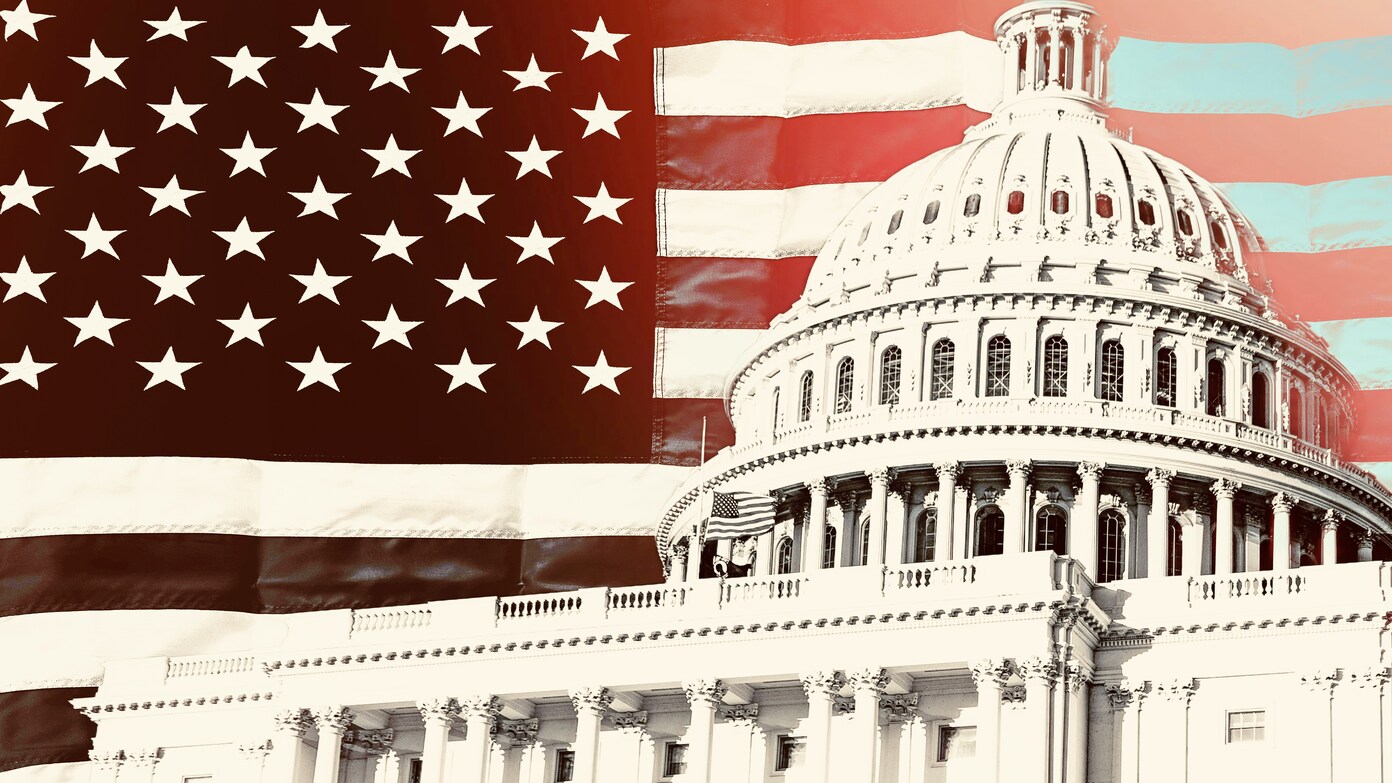A controversy to prevent “political bias” in banking
President Donald Trump will sign an executive order to punish banks and financial institutions for shutting down customers’ accounts for political purposes. Trump took action in response to intensifying allegations that major lenders unfairly target right-wing activists and cryptocurrency buyers.
The Wall Street Journal reports that Trump could sign the executive order this week. The draft order would direct federal regulators to look for potential violations of the law, like the Equal Credit Opportunity Act, antitrust laws, and consumer protection laws—particularly where politics rather than economics is likely to be driving bank decisions.
Trump says he was targeted specifically by banks
Talking to CNBC in a recent interview, Trump related experiencing banking political bias firsthand. Some of the biggest banks, like JPMorgan Chase, he related, cut him off on political grounds. So, he related, he had to use “small banks everywhere” so that he could get bank facilities.
Trump’s remarks come after a blistering barrage he fired earlier this year. At a January discussion at the World Economic Forum, Trump rejected Bank of America CEO Brian Moynihan, calling on the bank to open its doors to conservatives.
“Good job you’ve done,” Trump told Moynihan, “but I hope you start opening up your bank to conservatives… They don’t take conservative business.
What the executive order would do
The executive order attempts to end so-called “debanking” based on politics. It would, if signed:
- Direct regulators to investigate banks accused of political discrimination.
- Impose discipline by way of monetary fines and consent decrees.
- Enhance the law, akin to the Equal Credit Opportunity Act, by incorporating political affiliation as a protected factor.
The end goal is to stop banks from being allowed to deny service to individuals due to their politics or political beliefs, particularly if the belief happens to be conservative or with controversial industries such as cryptocurrency.
Primary banks deny allegations
Banks have strongly denied closing accounts based on political ideologies amid ongoing denial from Trump.
A spokesperson for Bank of America explained to FOX Business
“We have well over 70 million customers, and conservatives can bank with us. We’re saddled with a huge volume of government law and regulation that occasionally causes us to decide to terminate client relationships. We never close an account on a political basis and don’t use a political test.”
And likewise did JPMorgan Chase spokeswoman Patricia Wexler signal:
We don’t terminate accounts for politics, but we do think regulatory reform is well past due.
Moynihan had responded to Trump’s comments at the World Economic Forum by not directly addressing the allegations but making it clear that protests notwithstanding, the bank would continue to work with the administration and Congress to help make banking regulations more robust.
Crypto clients and the FTX fallout
Trump’s also concerned with how banks are treating the cryptocurrency industry. Companies and players in the cryptocurrency industry reportedly struggled to access regular banking facilities, an issue that the executive order is intended to address.
This was an offshoot of the 2022 collapse of crypto heavyweight exchange FTX. Contagion took down Signature Bank and Silvergate Bank in early 2023. Federal regulators had reportedly been quietly discouraging banks from accepting crypto clients since then—a step most in the industry consider to be unfairly punishing good actors.
The crypto crackdown jolted the financial system into panic mode, and banks withdrew their exposure to digital assets entirely. The action was criticised as making the space inhospitable to innovation and the government overstepping.
Banking sector pushes back against “unclear” regulations
Banks complain as well. They all believe the regulatory landscape has grown too suffocating, unclear, and politically driven—particularly when it regards newer technology like crypto.
Bank of America responded, The Wall Street Journal reported, as follows:
“We will continue to work with the administration and Congress to improve the regulatory framework.”
Banks respond that they have no choice but to make tough decisions when nobody knows what compliance regulations are and regulators give conflicting signals. Banks will then cut off customer relationships as a risk management tactic – not necessarily political.
Supporters say order protects free speech; critics worry about overreach
Executive order drafters are saying the order protects free speech and doesn’t allow banks to gatekeep in politics.
They refer to instances of right-wing activists or controversial figures being “debanked” or excluded from banking services unjustly. This, they say, is a new and ominous type of censorship in the financial system.
The critics of the directive maintain that it has the potential to establish a risky precedent. Banks can be permitted to take risks and conduct business within the law, in this case money laundering or risky customers. To force banks to provide services to all customers—regardless of risk—can pose security threats or legal obstacles.
Others worry that this might be more political than practical, and if it remains a precedent of expanded presidential authority, it might even garner more court attention.
Read this much later:
Could this change the banking industry?
The signing of the executive order by Trump, should he do it, will be a huge change in the way political opinions have been dealt with in banking institutions. It will be able to compel banks to rethink the way they deal with account closures and become more transparent in their business.
Yet its real-world effect will depend on how regulators interpret and act on the order. Banks and lawmakers can still resist, particularly those who consider the order to be unwarranted or unconstitutional.
But the backlash it creates has the potential to reshape the politics-finance equation in America forever.

